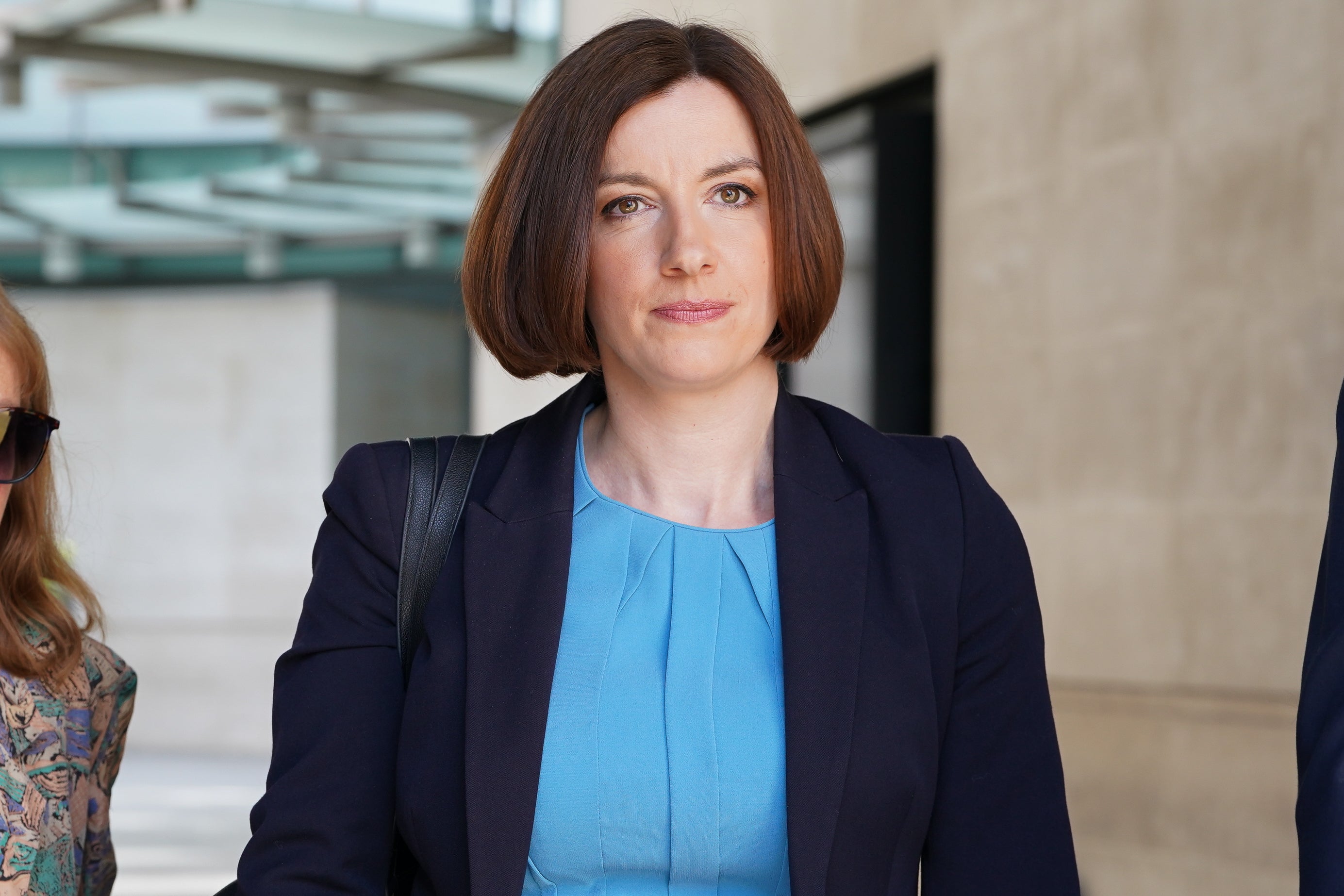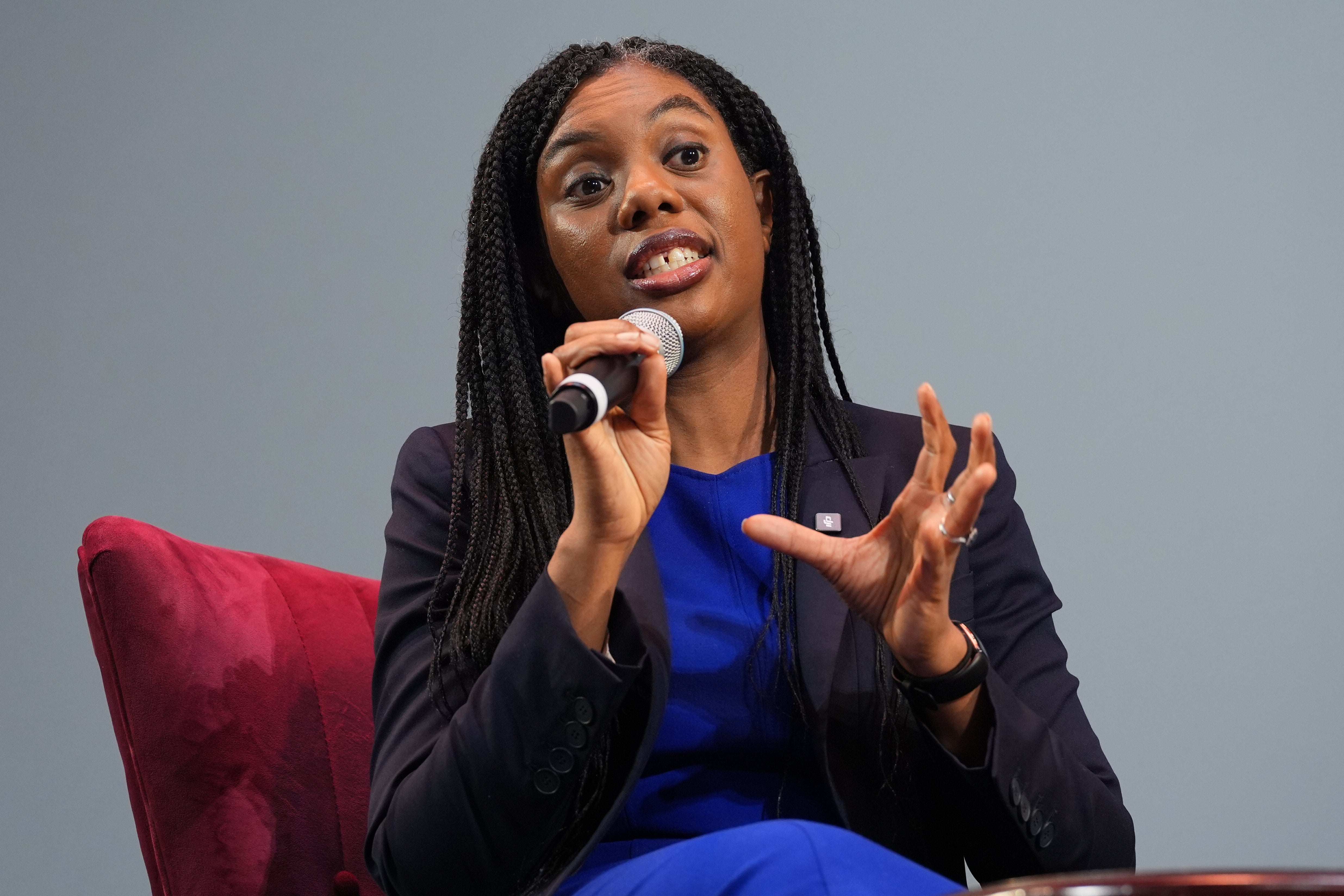Keir Starmer has defended his controversial policy of imposing VAT on private schools by arguing it will benefit the middle classes.
On Monday, days before it takes effect, Downing Street insisted the tax will deliver more funds for state schools and so “drive up standards” for the majority who cannot afford surging fees in the independent sector.
Described by No 10 as “the right thing to do” for the state sector, the 20 per cent levy on fees will be imposed from 1 January.
Over the weekend, education secretary Bridget Phillipson called tax exemptions for private schools “a luxury we cannot afford”, arguing that middle-class parents priced out of the independent sector supported Labour’s policy.
The prime minister’s official spokesperson told The Times: “[Fees have] gone up by something like 75 per cent in real terms since 2000. The average fee has reached something like £18,000 a year, which is clearly out of reach for the majority of parents in our country.”
When asked if only the rich were able to afford such surging costs, he said: “Middle-class people in good professional jobs with housing costs can’t afford that level of fees.”
Insisting that the tax “commands the support of the majority of the public”, the spokesman continued: “The additional investment that we’re able to make into our state schools will drive up standards in our state schools.”
He added: “By ending this VAT break for private schools, it means an additional £1.7 billion of investment into our state schools where 94 per cent of this country’s children are educated. It’s the right thing to do. It means more teachers. It means higher standards.”
The Treasury has earmarked £2.6bn of extra funding for state schools next year to invest in improving special education provision and hire 6,500 new teachers, with £1.5bn of this coming from the policy change.

The amount raised by the move will increase to £1.7bn each year by 2029/30, it added on Sunday.
However, private school leaders have warned the combination of tax hikes in the Budget and the removal of their charitable status, which saw fees exempted from VAT, could lead the sector to “fall apart”.
They have also argued that the hike in school fees as a result of the policies will force more children into the state sector, overwhelming already stretched schools and wiping out any gains to the public finances.
But Downing Street argued the additional tax on fees will only “involve a very, very small number of pupils switching schools”.
Attacking the policy again on Monday, Conservative Party leader Kemi Badenoch said: “The state is already struggling to support children with special needs. Labour should not punish those parents who choose not to rely on government. It’s the politics of envy and will result in all of us being worse off.”

But Sir Keir’s spokesman rejected claims the tax would lead to children with disabilities and special educational needs losing out, arguing state schools provided the “vast majority” with the education they needed.
He said: “If a child can only be supported in a private school, then the local authority will fund that child’s place and the local authority can reclaim the VAT that they pay, so they won’t be affected in those circumstances by this change.”
However, the Independent Schools Council still warned VAT will hit families who feel the state sector does not meet their child’s needs.
Julie Robinson, its chief executive, said: “For the families who choose our schools — most of whom are dual-income households — independent education is not a luxury; it is a necessity for their child’s education and wellbeing.
“We remain concerned about low-fee faith schools, specialist arts education, single-sex and SEND [special educational needs and disabilities] provision across the state and independent sectors. This government represents 100 per cent of children — it should not be undermining any parent’s right to choose their child’s education.”







